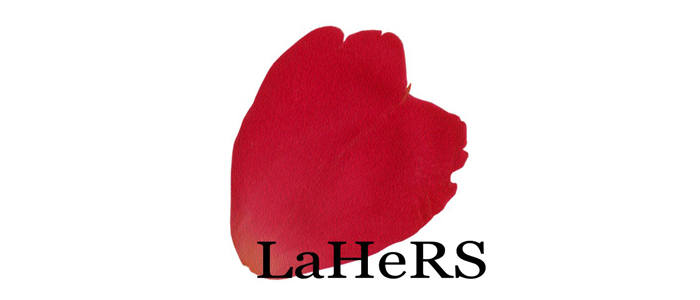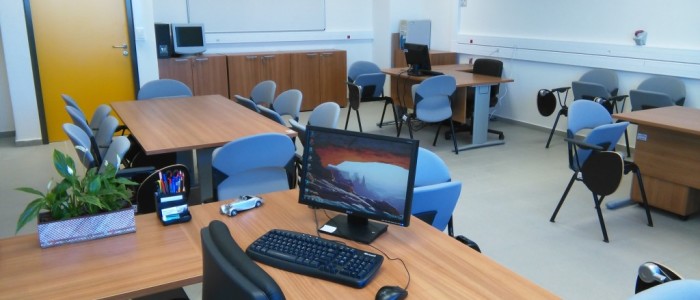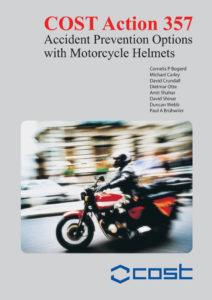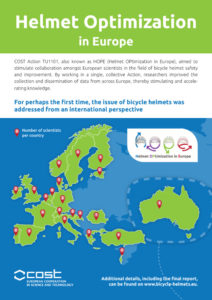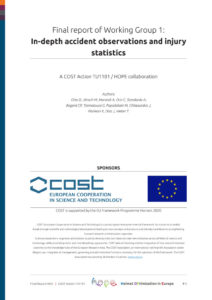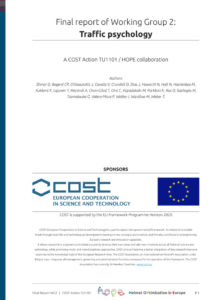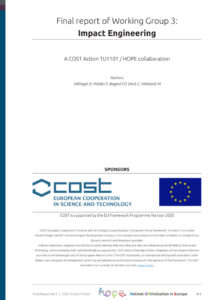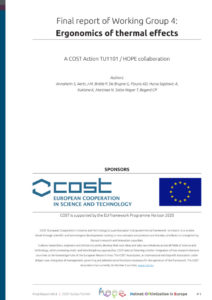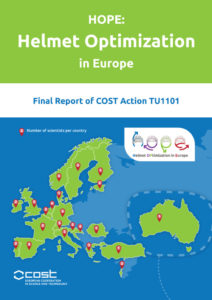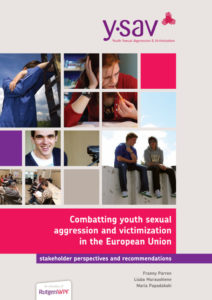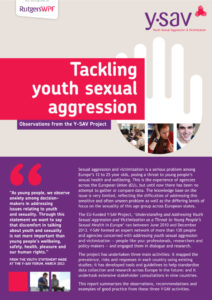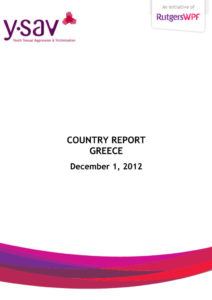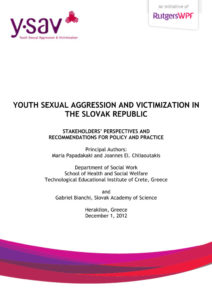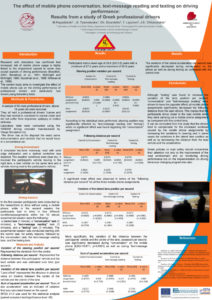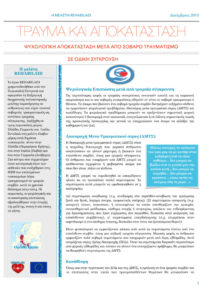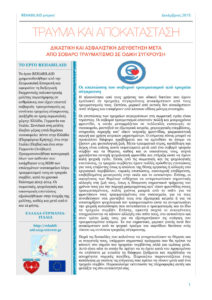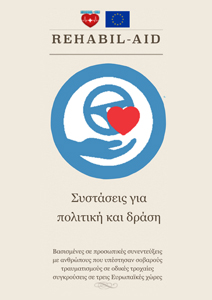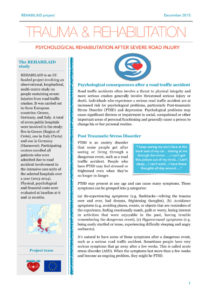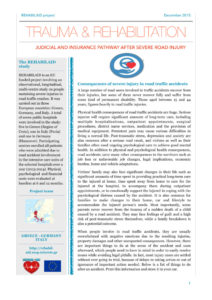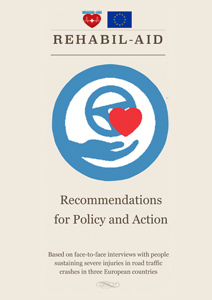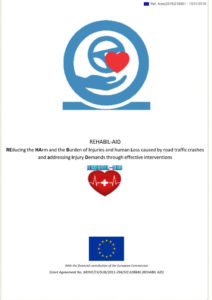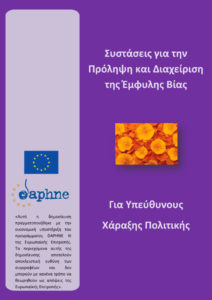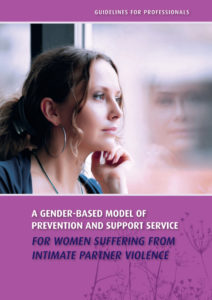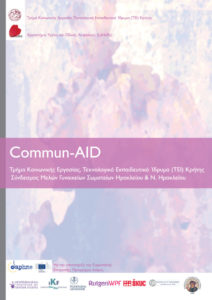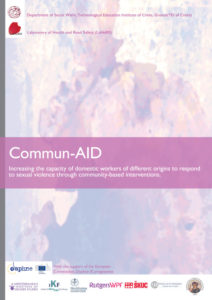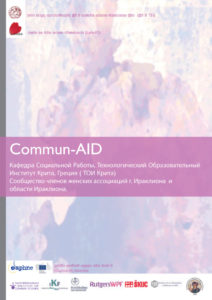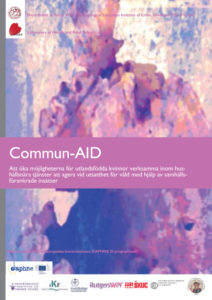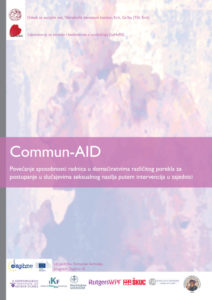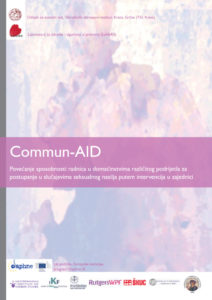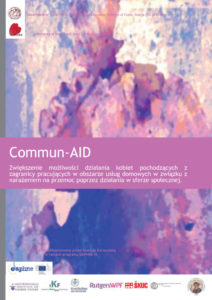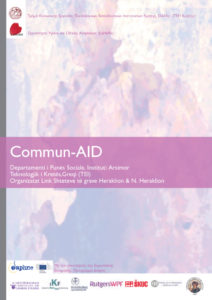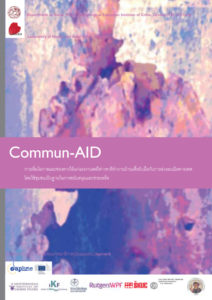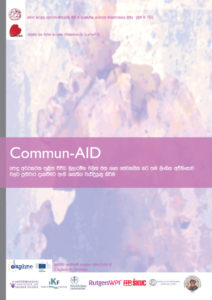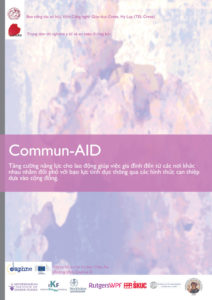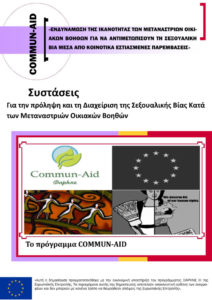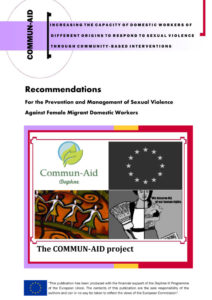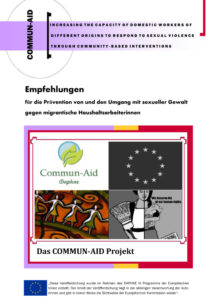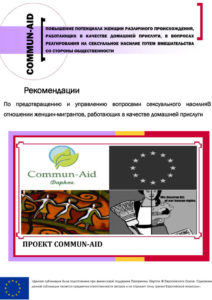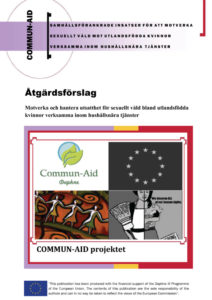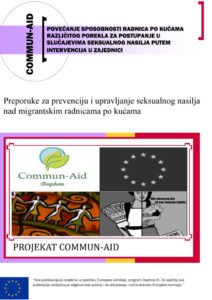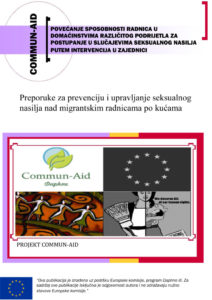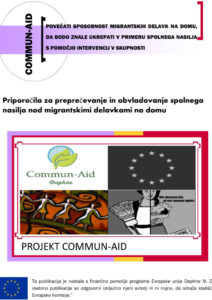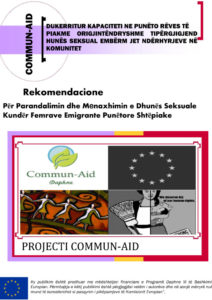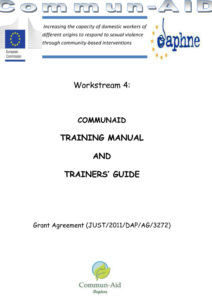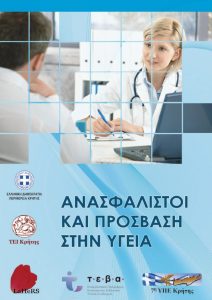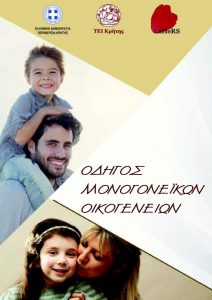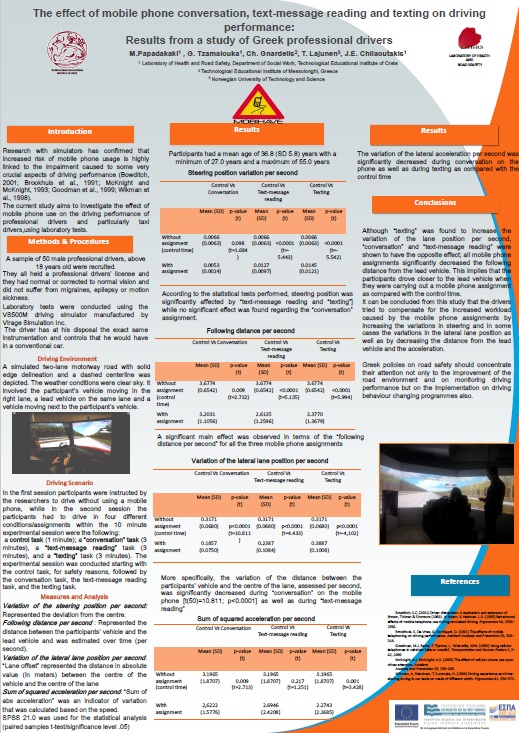Laboratory of Health and Road Safety (LaHeRS) belongs to the Department of Social Work of the Hellenic Mediterranean University (HMU). LaHeRS aims at preventing injuries and promoting health and safety of communities through education, policy making and research. Injury prevention is one of the key priorities of LaHeRS and particularly prevention of unintentional injuries (e.g. motor vehicle injuries, falls, pedestrian-related injuries, natural disasters etc), and violence (child maltreatment, intimate partner violence, sexual violence, suicide, youth violence, etc). It is a unique academic laboratory combining health and social sciences into health and safety promotion strategies, while playing a key role in developing and delivering psychosocial services to economically deprived individuals residing in rural and remote areas with limited access to health and social care services. LaHeRS runs laboratory and field research, formulates policy and works directly with people to inform, educate, and empower them about health, mental health and social issues, particularly the underserved and those at risk. LaHeRS tests innovative solutions to treat individuals, couples, families and communities experiencing adverse bio-psychosocial circumstances and evaluates the effectiveness, accessibility, and quality of health, mental health and social welfare services. LaHeRS supports the development of scientific tools and material for use by academic, research and civil organizations; development of training material and lifelong training programs for front line professionals, and more.
- It conducts laboratory and field research, participates in policy formulation and works directly with the population to inform, educate and empower the vulnerable about health, mental health and social care issues, particularly those at risk.
- It tests innovative solutions for the treatment of individuals, couples, families and communities facing adverse bio-psychosocial conditions and evaluates the effectiveness, accessibility and quality of health, mental health and social care services.
- LaHeRS supports the development of scientific tools and materials for use by academic, research and policy organizations, educational materials and lifelong training programs for frontline professionals and more.
- LaHeRS has long involvement in research projects related to health promotion and injury prevention under national and European funding schemes [eg. European Union Health Program “738148/ORAMMA” and “Y-SAV 2009-12-22”, Leonardo da Vinci/Partnerships (LdV “LLP-LdV-TOI-2007-TR-008”), Directorate-General for Transport and Mobility/ DG-MOVE (MOVE/ C4/SUB/2011-294/SI2.628846/REHABIL-AID), the Directorate-General for Justice and the “DAPHNE III” programme, such as COMMUN-AID (JUST/2011-2012/DAP/ AG /3272) and WOM-POWER (JUST/2011-2012/DAP/AG/3008), Erasmus Lifelong Learning Program (Intensive Programs 2012 (IP)/International training for the training of road accident rehabilitation specialists) and is also a member of major European networks funded under the COST programme, such as ‘COST Action 357’ and ‘COST Action TU1101’.
- LaHeRS has published in international journals and conference proceedings. It maintains a clear interdisciplinary character with academic partners from health sciences, social sciences, statistics, engineering and biomedical informatics.
INJURY PREVENTION & HEALTH PROMOTION
LaHeRS is active in injury prevention
Injuries are “traditionally” distinguished (based on “intent”) into: unintentional and intentional, which are the result of self-inflicted or other-inflicted violence, including special cases such as intimate partner violence and child abuse.
- Intentional (eg child abuse, domestic violence, suicide)
- Unintentional (eg falls, traffic accidents, natural disasters, pandemics)
LaHeRS is active in the following areas:
- Data Collection and Analysis
• Collect and analyze data on injury incidents, including their causes, demographics of affected individuals, and geographic distribution.
• Evaluate the impact of various social work and public health approaches on reducing injuries. Use both qualitative and quantitative research methods to gain a comprehensive understanding of the issues. Conduct ongoing research to assess the effectiveness of interventions, identify emerging trends, and inform evidence-based practice. - Injury Prevention Programs
• Develop and implement prevention programs aimed at reducing the occurrence of intentional and unintentional injuries.
• Evaluate the effectiveness of these programs through research and data analysis. - Victim Support Services
• Provide support services for individuals who have experienced injuries, including counseling, advocacy, and referrals to other resources.
• Address the unique needs of victims of both intentional and unintentional injuries. - Public Awareness Campaigns
• Develop and launch public awareness campaigns to educate the community about the risks and prevention of injuries.
• Collaborate with local media, schools, and community organizations to disseminate information. - Policy Advocacy
• Advocate for policy changes and reforms at the local, state, and national levels to address the root causes of intentional and unintentional injuries.
• Work with legislators, government agencies, and other stakeholders to influence policy decisions. - Collaboration with Healthcare Professionals
• Collaborate with healthcare providers, such as doctors, nurses, and emergency professionals, to ensure comprehensive care for injured individuals.
• Share knowledge and expertise to enhance the quality of care. - Training and Education
• Provide training and education for social work students and public health professionals, as well as other professionals involved in injury prevention and victim /perpetrator support.
• Create resources, workshops, and courses on the topic. - Collaboration with Law Enforcement
• Collaborate with law enforcement agencies to address intentional injuries, such as domestic violence, criminal assaults.
• Support efforts to enhance victim safety and perpetrator accountability and therapy. - Community Engagement
• Engage with the community through outreach, town hall meetings, and focus groups to understand local concerns and gather input for program development.
LaHeRS offers the following unique services:
- Psychosocial support for individuals, couples and families experiencing poverty.
- Career mentoring and counseling services for socially vulnerable individuals.
- Diagnostic services and brief family interventions for learning disabilities offered by an interdisciplinary mobile team of professionals.
- Counseling/therapeutic intervention programs for perpetrators and victims of domestic violence who are referred to the Laboratory by the Prosecutor’s Office within the framework of penal mediation.
- Intervention programs for juvenile offenders and violators of Road Traffic Law, who are referred to the Laboratory by the Prosecutor’s Office as part of reformative measures.
- Awareness raising and road traffic education provided in the context of organized school visits to the facilities of the Laboratory.
- School programs aiming at strengthening resilience and improving crisis management skills in primary and secondary education students.
- Personal development programs for primary and secondary education teachers and workers in public and private sector.
- Professional supervision for social workers and those employed in the caring professions.
LaHeRS has produced the following supporting material:
1. Guidelines for managing social problems for vulnerable social groups
- A practical guide for students self-preparation for school and university exams
- Guide for parents: Little secrets for healthy relationships
- Guide for uninsured citizens: How to access health care (legislation, rights, privileges, claim procedures)
- Guide for Single Parent Families (legislation, rights, benefits, claim procedures)
- Guide for psychological recovery after serious road traffic injury (in English)
- Guide for legal and insurance settlement after serious injury in a road traffic collision (in English)
- Guide for safe and free living for women experiencing intimate partner violence (in English)
- Brochure on sexually transmitted diseases and contraception
- Guide for healthy sexual relationships
- Guide for prevention and management of harassment at work
- A brief guide for managing exam anxiety
2. Guidelines for managing social problems for health and social care professionals
- A gender-base model of prevention and support service for women suffering from intimate partner violence (in English)
3. Recommendations for the development of policies to prevent and manage social problems
- Recommendations for the Prevention and Management of Sexual Violence Against Female Migrant Domestic Workers (in English)
- Recommendations for the prevention and management of gender-based violence (in English)
- Recomendations for policy and action, based on face-to-face interviews with people sustaining severe injuries in road traffic (in English)
4. Educational manuals for team coordinators
5. Online tool to support victims of sexual harassment
- Domestic Worker Support: Stop sexual violence in domestic work
6. Reports on Major Social Issues / Results of European Works
- Study of sexual aggression and victimization of young people in the countries of the European Union (YSAV project)
- European Road Accident Study and Statistics (COST TU1101)
7. TV / Radio (interviews)
8. Leaflets / informative material

